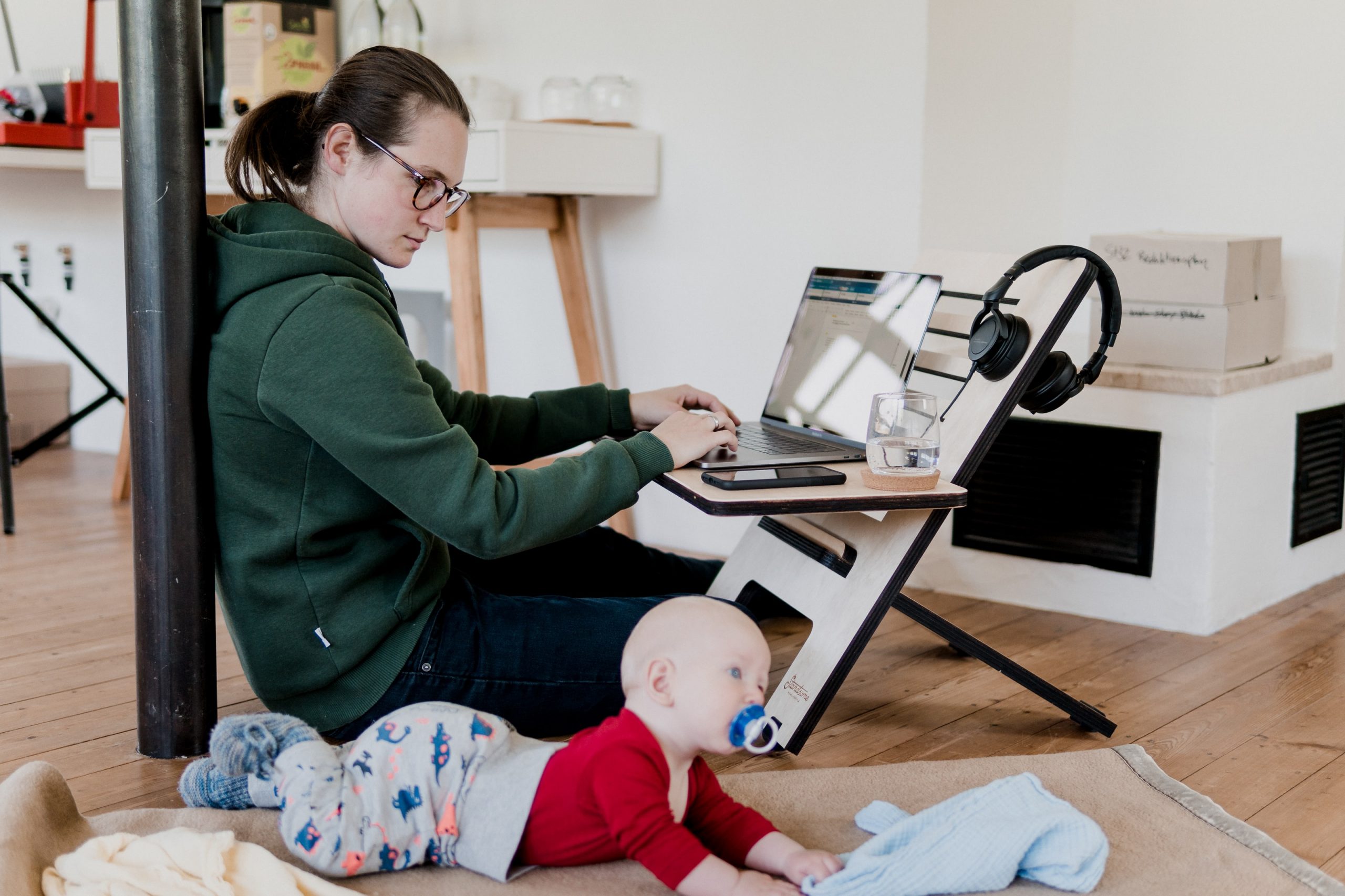As a result of the Covid19 pandemic, there has been an explosion in the number of employees working from home with many of those based at home for the first time in their careers. As a consequence, there will be many people who are unaware that they may be entitled to claim tax relief for their work-related expenses. So what are the circumstances under which employees may be entitled to claim tax relief as a result of working from home as well as those expenses which cannot be claimed as tax relief?
As the pandemic continues to revolutionise working practices in the UK, workers may find that their household bills have increased as a result. Redfern stated “The pandemic has impacted on everyone’s lives in a considerable way and those workers who now find themselves working from home have probably discovered that being at home for considerably more time has also added to their household costs. However, they may not be aware of what they can claim tax relief for and what they can’t because tax relief rules can be incredibly confusing to those who are new to them.
To provide assistance, our website holds a wealth of information about tax relief as well as a calculator to help people work out how much they could claim”. In order to allow workers to cover some of their increased energy costs, HMRC allows them to claim a tax relief allowance of £312 for this current tax year. However, there may be situations where this allowance does not cover the additional costs of homeworking, in which case actual costs can be claimed. Additional metered water expenses for those who find themselves using more water as a result of being at home more may also be claimed. These expenses must be supported by proof of cost and must be proportioned to take account of extra business use only. Tax relief is not permissible on personal expenses.
In addition to extra energy and water costs, employees may have been required to purchase equipment or tools to allow them to work from home. Redfern explains “In order to facilitate homeworking, it is possible that workers have been expected to provide themselves with office equipment or furniture so that they are able to perform their job adequately from home and this may be claimed as tax relief. Receipts will be required as evidence of the expense – a bank statement showing a purchase from IKEA or the like is not considered to be sufficient proof for HMRC. For purchases such as laptops, this may be required to be claimed as capital allowances”. Smaller purchases and tools, which are expected to last for less than two years do not have to be claimed as capital allowances. Travel to one’s usual workplace is not allowable, even if the individual has been working from home exclusively for the past year.
There are some expenses which cannot be claimed as tax relief, such as rent or mortgage interest, council tax, water rates and broadband costs, unless metered. Redfern stated “Everyone has certain costs related to simply living – such as accommodation costs – and HMRC does not entertain claims for such costs. We all need somewhere to live, we all need food, and these expenses do not change whether we work from home or not. Similarly with internet charges, unless it is a dial-up connection, the cost remains the same whether you are using it to work from home or for personal usage”. Tax relief can only be claimed if the employee has not already been reimbursed by their employer as it is intended to ensure that workers are not left financially disadvantaged.









